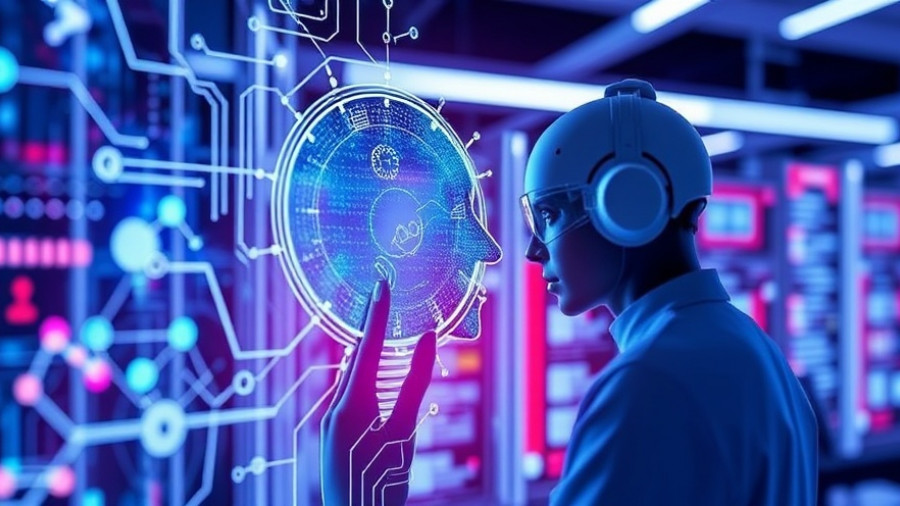
Unlocking Innovation: The AI Revolution in R&D
In an era where rapid transformation defines success, the integration of artificial intelligence (AI) into research and development (R&D) stands out as a pivotal shift that can redefine industries. Mid-to-senior professionals in healthcare, finance, sustainability, and technology must grasp how AI tools can facilitate not only innovation but also optimize operational efficiency and productivity.
Breaking Down Barriers: Overcoming R&D Challenges
Organizations are increasingly recognizing the pressure that hidden obstacles place on their R&D endeavors. According to a recent McKinsey report, for every dollar spent on R&D, the return on innovation has diminished over time. This downward trend is alarming and highlights the necessity for organizations to rethink their strategies. The promise of AI emerges as a beacon of hope, suggesting a way to break through these barriers by streamlining processes and enhancing outcomes—ultimately delivering actionable insights that lead to superior performance.
Emerging AI Trends in Hardware Engineering
Recent shifts observed in the engineering landscape have seen hardware industries, like aerospace and automotive, adopting AI at an unprecedented rate. Where once AI was mainly applied to software engineering, it is now finding its way into hardware, marking significant advancements. Professionals in these sectors are piloting AI applications for tasks that range from customer insights and market research to intricate design automation, indicating a broader acceptance of this transformative technology. With approximately 30 percent of code at companies like Google now being AI-generated, there’s a pressing need for professionals to leverage these trends to stay competitive.
Looking Ahead: Future Trends in R&D
The potential for AI doesn't just stop at enhancing current processes; it sets the stage for future innovations, driving organizations toward digital transformation. Identifying these trends and implementing AI offers a pathway for economic insights and strategic advantages. As industries evolve, staying informed about emerging technologies leads to more effective business strategies and better organizational change management.
Embracing Disruption: Real-World Case Studies
To fully grasp the impacts AI can have, exploring real-world case studies is essential. For instance, companies utilizing AI for accelerated validations and simulations are seeing reduced physical testing requirements, which translates to lower costs and faster development cycles. By benchmarking operational techniques against industry leaders, professionals can devise better strategies for integrating these technologies into their R&D processes.
Concluding Thoughts: Taking Action in a Data-Driven Age
As we navigate a data-driven landscape, understanding how to harness AI within R&D is crucial. Mid-to-senior professionals need to prioritize ongoing education in AI technologies and their applications. Take the first step today by evaluating your organization's current processes and identifying where AI can fit in. By leveraging AI's potential, not only can you overcome existing barriers, but you can also transform your approach to research and development, ensuring a brighter, innovative future.
 Add Row
Add Row  Add
Add 




Write A Comment